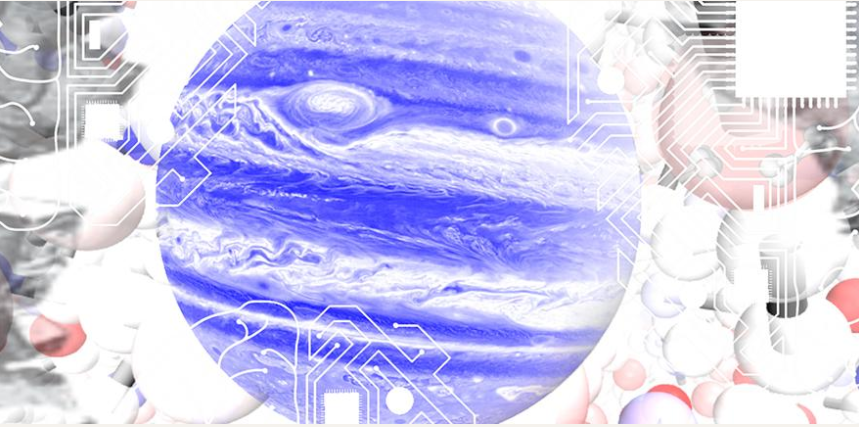
HOUSTON, TX – JUNE 30: (EDITORIAL USE ONLY) Medical staff wearing full PPE wrap a deceased patient with bed sheets and a body bag in the Covid-19 intensive care unit at the United Memorial Medical Center on June 30, 2020 in Houston, Texas. Covid-19 cases and hospitalizations have spiked since Texas reopened, pushing intensive-care wards to full capacity and sparking concerns about a surge in fatalities as the virus spreads.
Algorithm using echocardiogram videos of the heart outperforms other predictors of mortality. Researchers at Geisinger have found that a computer algorithm developed using echocardiogram videos of the heart can predict mortality within a year.
The algorithm – an example of what is known as machine learning, or artificial...
Read More








Recent Comments